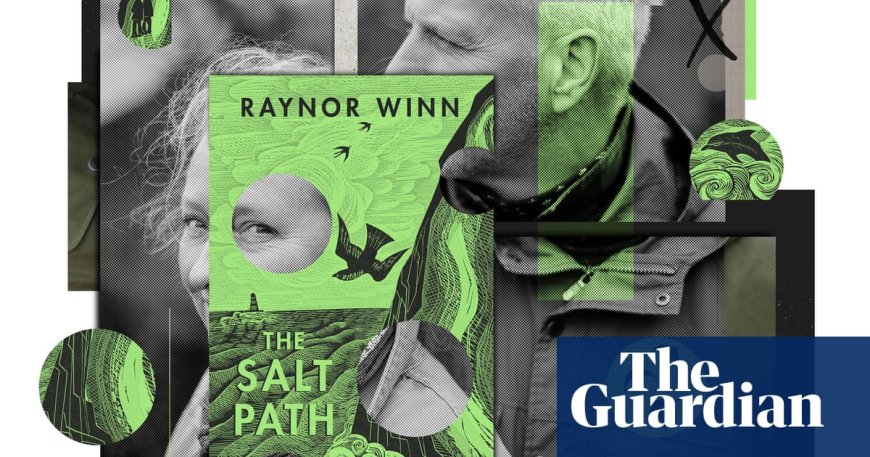The Salt Path Controversy Explained: Accusations Surrounding Bestselling Memoir
Recent accusations have cast doubt on the authenticity of Raynor Winn's memoir 'The Salt Path', which details a journey of homelessness and illness. The controversy raises questions about the truthfulness of memoirs and the challenges of fact-checking personal stories in publishing.

The Salt Path is a bestselling memoir by Raynor Winn, recently adapted into a film, facing accusations of being untruthful. The Observer alleges discrepancies in Winn's account of becoming homeless and her husband's illness. Winn refuted the claims, but a charity terminated its relationship with the couple. This controversy is not uncommon in the memoir genre, with past instances of fabricated stories. The challenge lies in verifying personal life stories, as publishers may not extensively fact-check. Legal checks focus on avoiding lawsuits rather than factual accuracy.
Authors sometimes opt for autobiographical fiction to avoid scrutiny. Publishers face minimal consequences for false memoirs, with reputational damage falling on the author. The absence of a regulatory body in the publishing industry makes it challenging to prevent fake memoirs. Suggestions include employing freelance fact-checkers to investigate suspicious narratives.
Neat narrative arcs in memoirs cater to reader preferences but may lead to embellishments or omissions. Authors risk losing publishing deals and facing public backlash if exposed. Despite scandals, memoirs can continue to sell, and authors profit from their works. The allure of storytelling often blurs the line between truth and fiction, leaving readers to trust in the author's integrity.
What's Your Reaction?
 Like
0
Like
0
 Dislike
0
Dislike
0
 Love
0
Love
0
 Funny
0
Funny
0
 Angry
0
Angry
0
 Sad
0
Sad
0
 Wow
0
Wow
0













































































































































































